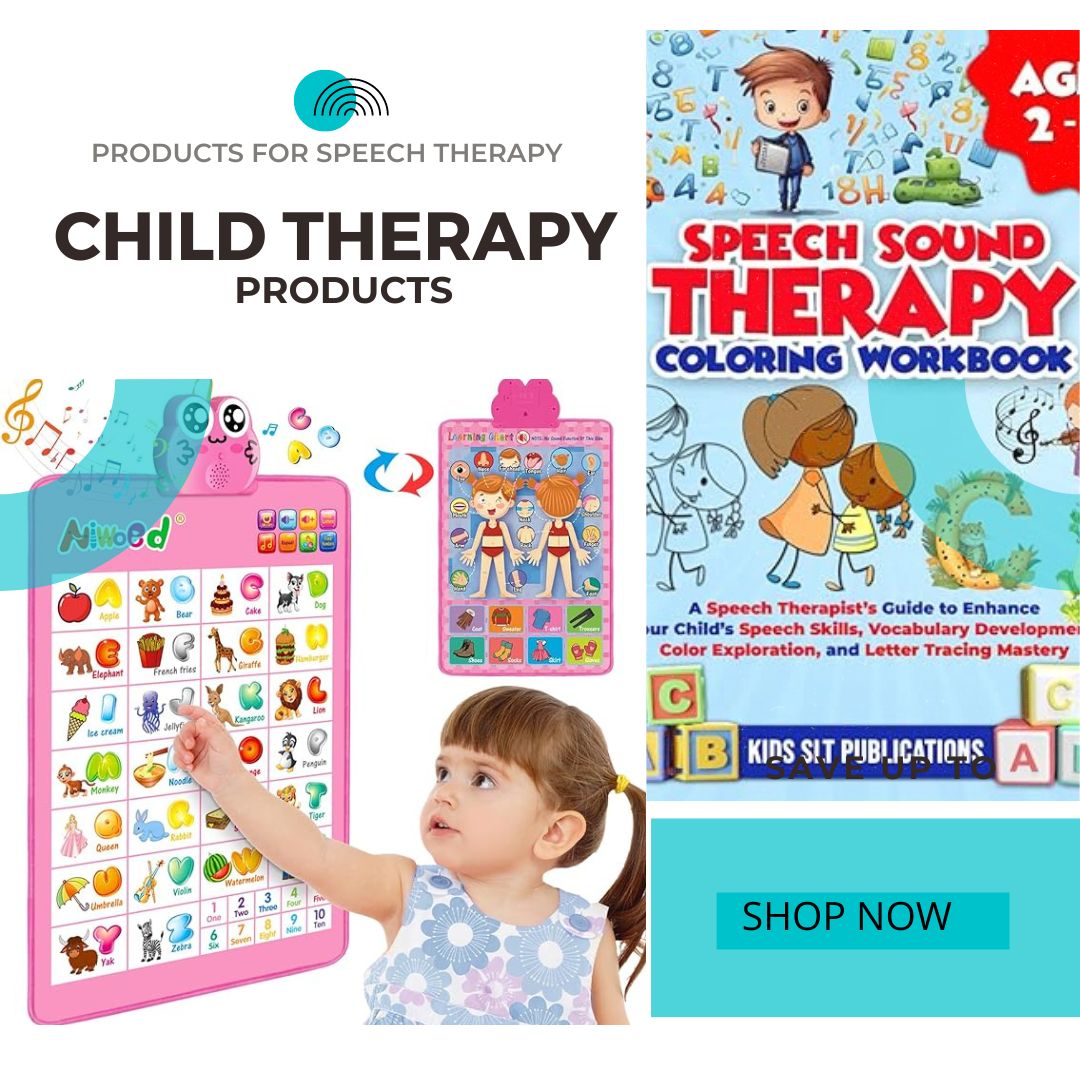Determining the right time for speech therapy can be a complex process, as there are many factors to consider. Speech therapy is a form of treatment that helps individuals with communication and language difficulties develop and improve their skills. It can be beneficial for individuals of all ages, from infants to older adults.
Here are a few considerations to help you determine the right time for speech therapy:
- Developmental milestones: Children typically follow a predictable pattern of development when it comes to communication and language skills. It’s important to be aware of the typical milestones for your child’s age and to pay attention to any delays or abnormalities. If you have concerns about your child’s development, it’s a good idea to speak with your child’s healthcare provider or a speech-language pathologist. They can assess your child’s abilities and determine whether speech therapy would be beneficial.
- Underlying conditions: Some underlying medical conditions, such as hearing loss or cognitive impairments, can affect a child’s communication and language skills. It’s important to address these conditions as early as possible to ensure that the child has the best opportunity to develop their skills.
- Difficulty communicating: If you or your child is having difficulty communicating or understanding others, it may be time to consider speech therapy. This can include problems with producing speech sounds, understanding and using language, or interacting with others.
- Struggling in school: If you or your child is struggling in school, it’s important to consider whether communication or language difficulties may be contributing to the struggle. Children who have difficulty understanding or expressing themselves may have difficulty participating in class, completing assignments, and interacting with their peers.
- Personal goals: Some individuals may decide to pursue speech therapy to achieve personal goals, such as improving their public speaking skills or accent reduction.
Overall, the right time for speech therapy will depend on the individual’s specific needs and goals. It’s important to have a professional evaluation by a speech-language pathologist to determine the best course of treatment. With the right support and guidance, individuals of all ages can make significant progress in their communication and language skills.



